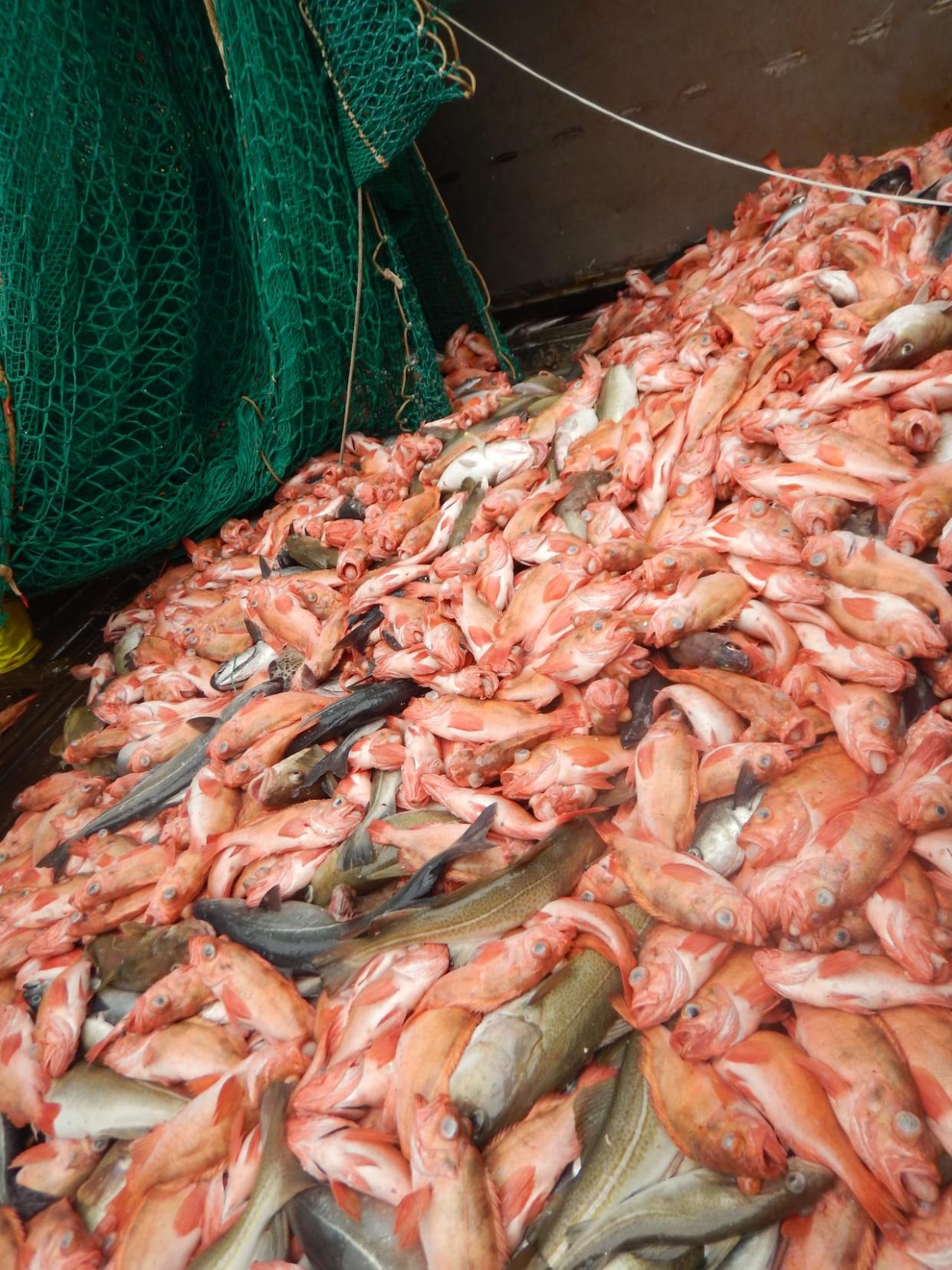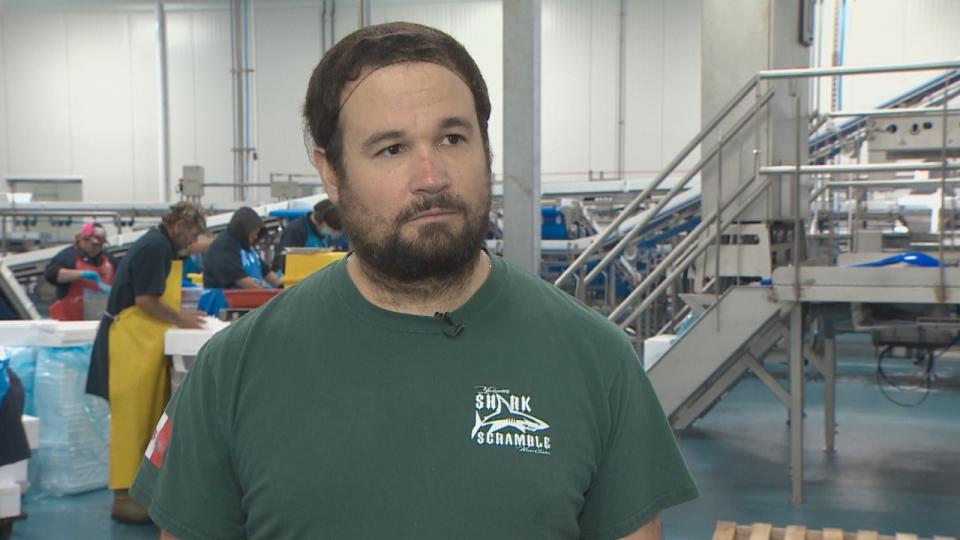Hundreds of jobs, industry stability at stake in pending Atlantic Canada fishery decision

The Trudeau government is poised to allocate fishing access to the massive redfish population in the Gulf of St Lawrence at the end of the month. It is a highly anticipated decision generating both dread and hope throughout industry in Quebec and Atlantic Canada.
Nova Scotia, which has the most to lose, is warning Ottawa that "hundreds of jobs" are at stake if it loses its long standing-share of the fishery.
"This is incredibly concerning," says Nova Scotia Fisheries and Aquaculture Minister Kent Smith.
Before the redfish population collapsed in the early 1990s, half the Gulf of St Lawrence quota was held by Nova Scotia companies operating big offshore vessels in an area known as Unit 1.
Since then, the Nova Scotia companies have carried out redfish science surveys for the Department of Fisheries and Oceans, maintained a small fishery in adjacent areas, and spent millions on plants and licenses in anticipation of receiving half of the allowed quota once again.
Spending on new facilities
"All of those investments were made with the idea that these shares were stable and that we could expect to receive our share when the when the fishery reopened," says Alain d'Entremont, president of Scotia Harvest, part of the Mersey Seafoods group that spent $14-million on a state of the art plant near Digby, NS.

Alain d'Entremont, president of Scotia Harvest, wants a piece of the action. (Paul Poirier/CBC)
Now that the redfish population is estimated to weigh in at a whopping four million metric tonnes, Scotia Harvest and the other Nova Scotia operators are looking nervously at other provinces lobbying for access.
Quebec and Newfoundland and Labrador interests, to take one example, are lobbying for a piece of the action to compensate for a drastic reduction in shrimp quota for fleets in their province.
Reduced access means 'significant hardship'
Like his predecessors in the portfolio, Smith is urging Ottawa to maintain historic shares for Nova Scotia's fleets if DFO amends the Unit 1 allocation.
"I would like for our quotas to be respected and particularly with this one when our companies were the ones that pioneered this industry from the get go," Smith says.
He wrote federal Fisheries Minister Diane Lebouthillier on Oct. 17 saying, "To change these established allocations would bring significant economic hardships to these Nova Scotia-based fleets and the hundreds of jobs in coastal Nova Scotia communities that they support.
"Furthermore, the apparent trend of altering long-standing quota agreements threatens to destabilize investment in seafood infrastructure, market and product development," he added.
No response to Nova Scotia concerns
Lebouthillier did not reply to Smith, nor to CBC questions about the issues raised in the letter.
"As previously stated by the minister, a decision on this matter will be announced at the end of the month," DFO press secretary Jeremy Collard said in an email to CBC .
For d'Entremont the "only decision" should be the size of the quota — or total allowable catch.
"The big question for us is why are we talking about taking one resource from certain communities and giving it to another? And if this can happen in redfish, why can't it happen in any other species," he says.
"I just don't see how we do without it. I don't see what the alternative is, because if those quotas are not going to be respected, if those transactions lead to some harm with communities or to existing participants in favour of others, this is zero sum game. There's only a certain amount of quota, so it's very disappointing to think about the alternatives."
Past DFO decisions
If the past means anything Nova Scotia may be heading for disappointment.
Smith said in his letter to Lebouthillier, "Nova Scotia has been disproportionately and negatively affected by other recent allocation re-assignments."
The most controversial was a 2016 federal Liberal government decision to strip quota from another pioneering Nova Scotia offshore fleet that caught northern shrimp off Labrador. In the face of lobbying from Newfoundland harvesters, more recent entrants to the fishery, DFO ditched its last-in, first-out policy in assigning catch quotas.
MORE TOP STORIES


